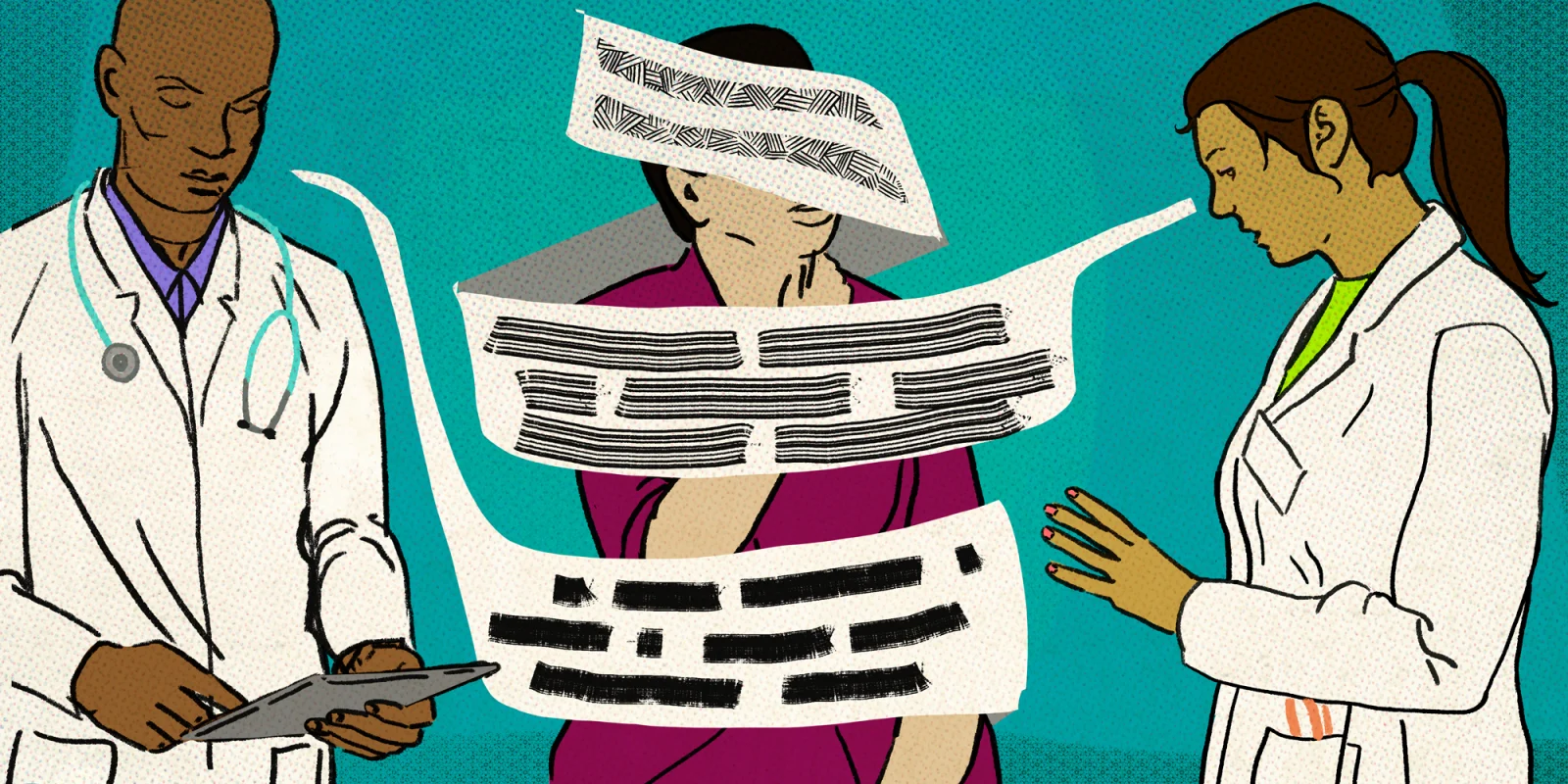We’re familiar with the photo: an emaciated child doubled over, ribs visible, every joint angle of their body a sharp contrast in the composure. A vulture is waiting nearby, too close for comfort, peering at the young child’s vulnerability. The photo, titled “Starving Child and Vulture,” was published in the New York Times in 1993 to raise awareness of Sudanese suffering from the famine in South Sudan. It was sensationally circulated around the world as a wake-up call to poverty that sent a wave of philanthropy, humanitarian aid, and saviorism to Africa. The world suddenly became interested in the fate of the young child, and particularly what the photographer, Kevin Carter, did to help him.
Carter was criticized heavily for the photo, and from the image came the ethical question: what role do we play, and what responsibility do we carry, when we witness another person’s suffering? Carter was a photojournalist hired to document the famine to raise awareness. One could say he was performing his professional duty, which was to document. Ultimately, he was questioned for his actions, and what he did or did not do, to ease suffering.
I think of Carter and this photo when I think about my role in medicine. We are not photographers, but we are storytellers. Or rather, we are journalists: we extract from our patients their story, detailed histories filled with jigsaw pieces that somehow string together. We use subjective experiences and turn them into objective facts — or, at least, we attempt to. These stories can be very simple sometimes. Other times, they can weigh heavy with trauma — for the patient, who relives through the recounting, and for the medical provider, who bears witness to immense suffering. I often wonder: when we tell the stories of others in self-reflections — the stories that are not ours to tell — are we falling into the same ethical trap Carter did?
The idea of who has control over narratives is not a new one, but rather thrives in postcolonial studies, which aim to reevaluate the effects of imperialism on the colonized subject through telling the story from the perspective of the colonized. By giving voice to the oppressed, power is deconstructed and made transparent; history, often on the side of imperialism, is rewritten, justice is reimagined, and reparations can be obtained. Gayatri Spivak, in her essay, “Can The Subaltern Speak?” discusses how the use of universal concepts and frameworks taken as truths can be applied, quite dangerously, to the “subaltern”: those who find themselves at the fringes, or most ostracized by society. Spivak famously summarized this in an iconic line in her essay: “white men are saving the brown women from brown men.” Medicine can draw many lessons from postcolonial studies, having historically existed and operated within colonial frameworks. Our discourse surrounding the desire to distance ourselves from “patriarchal” medicine, including ethical concepts of informed consent, patient autonomy, and self-determination, are all consequences of a history in which an elite group of, traditionally white cisgender men, decided to do what they believed was best upon bodies of color, often at the patient’s expense. When it comes to the stories we are equipped with in the physician-patient encounter, the title speaks for itself: can we let the subaltern — or patient — speak?
As physicians, we are often the gatekeepers of the stories people share with us of their lives. Depending on our backgrounds, there can be clear power dynamics in the room when race, sex, socioeconomic class, gender identity, sexual orientation, and/or religion differ. Intentionally, or unintentionally, this may affect our interpretation of the stories we hear and how we process them. It may then also become a question of our reflection afterward, how we tell these stories, whether it be in humanities journals, as op-eds, or even #medtwitter threads. Do we make ourselves out to be heroes of certain patients? Do we reinforce dangerous stereotypes along the lines of race and class? Do we reinforce societal tropes that oppress our patients? How can we stop this widespread dissemination of storytelling that appeases our burnout while being true to representation and allowing our patients to claim their stories?
It is not just about who these stories belong to — it also becomes a question of what responsibilities we have to our patients. In what ways can we eliminate a hierarchy of power that, if we are not careful, reinforces narratives that are harmful to the most vulnerable and disenfranchised? If we bear witness to the injustices our patients face, very much so a consequence of systemic structural incompetencies, without making an effort to act upon those incompetencies through self-reflection, awareness, organizing, advocacy, and policy changes, can we truly carry the burden of the stories we bear witness to?
In order to counteract these concerns, I ask myself these questions: who aims to benefit from this story? Can the subaltern speak for themselves? In what role can I facilitate uplifting and elevating the subaltern? How can I wield my privilege? Is my ego involved here, somewhere? Who is being centered? Does this story reinforce systemic violence or harmful stereotypes? What can I do to enact change, instead of upholding the pillars of privilege and oppression?
Carter went on to win the Pulitzer Prize for “Starving Child and Vulture” and continued to remain the subject of immense criticism and controversy. He ended his life a couple months later and left behind these words — “I am haunted by the vivid memories of killings & corpses & anger & pain.”
As medical providers, we must be fully aware of the privilege and power we carry. We must be careful with the stories we document, conscious of how we document them, and ultimately recognize who they are aiming to serve.
What are your thoughts on "carrying the burden" of your patients' stories? Share in the comments.
Dr. Zainab Mabizari is an internal medicine resident in the social medicine residency at Montefiore. She completed her medical education at Baylor College of Medicine and received a master’s in Narrative Medicine from Columbia University. Pandemic permitting, you can often find her reading in a coffee shop or performing poetry at a local open mic. She is a 2020–2021 Doximity Op-Med Fellow.
Illustration by Jennifer Bogartz







